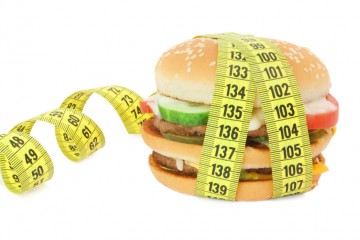In one experiment, Salerno and his colleagues asked 121 passerby to sample a new chocolate product. Some participants were told that the chocolates were made using high-calorie ingredients, while others were instead informed that the new product was low-calorie. In addition, some members of both groups were seated across from posters with phrases meant to evoke thoughts of struggle and adversity, while others were seated across from posters with positive affirmations. The result? Participants primed to feel vulnerable and threatened consumed more chocolate—so long as they thought it was high in calories.
The link between vulnerability and consumption, Salerno notes, is extremely nuanced. “This is a very subtle trigger, and not one that people would probably be aware of on a daily basis,” he says. Plenty of us, for instance, overeat as a reaction to overt stress—and can tame the impulse with the right strategies. Vulnerability, however, appears much tougher to detect: In this study, participants were completely unaware that certain words may have primed them to eat more high-calorie foods.
So how can you combat the connection? The first step is to be aware that it exists in the first place, Salerno says. "Knowing that this might be influencing us, while we're at work or watching the news, will help," he advises. "Beyond that, take steps to avoid the feeling if it might be causing a problem." Case in point? Eating dinner while you watch the 6 o'clock news might very well mean the difference between a nutritious meal and an overindulgent one.
More from Prevention: Are You A Stress Eater?
Questions? Comments? Contact Prevention's News Team!




